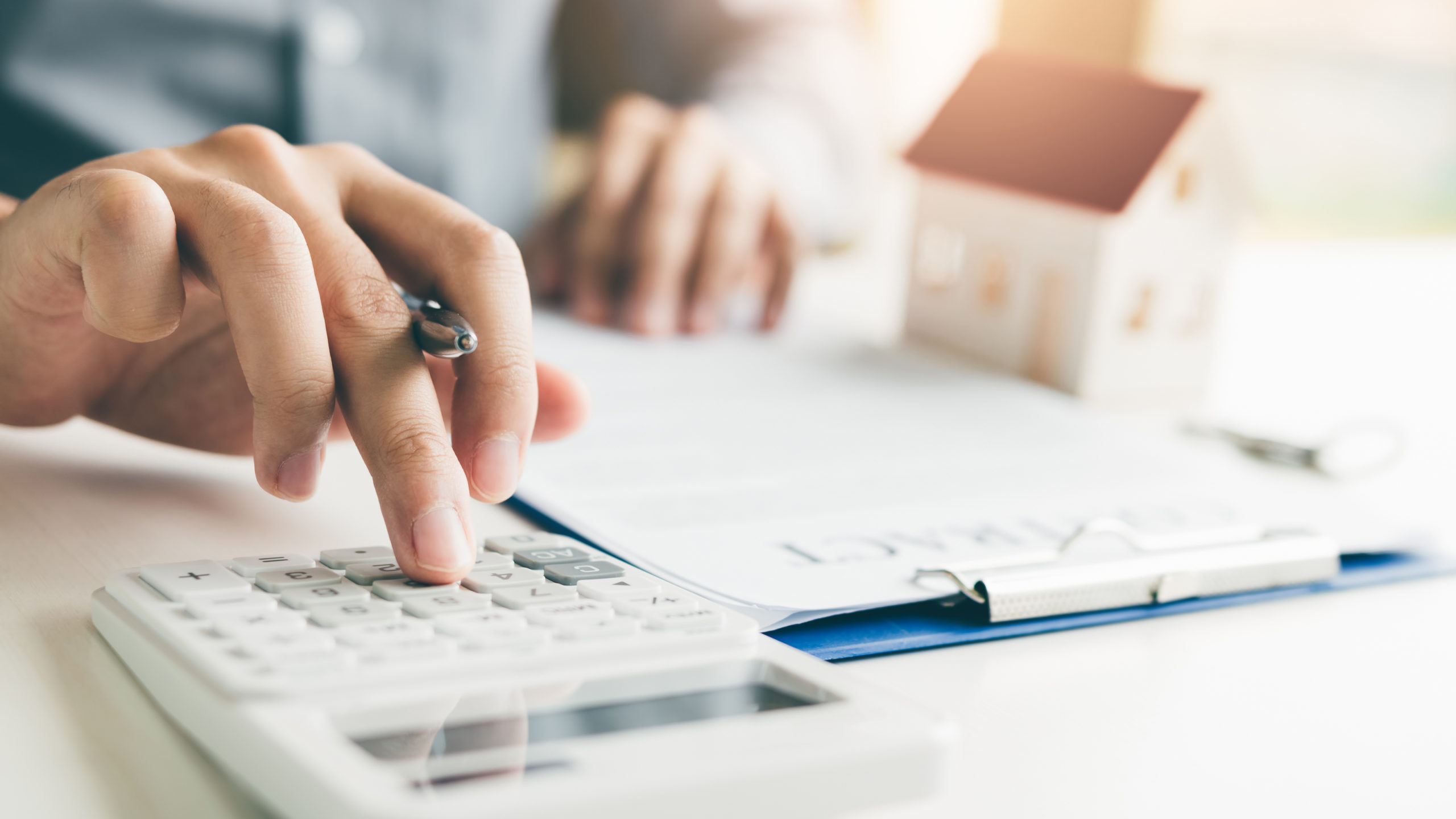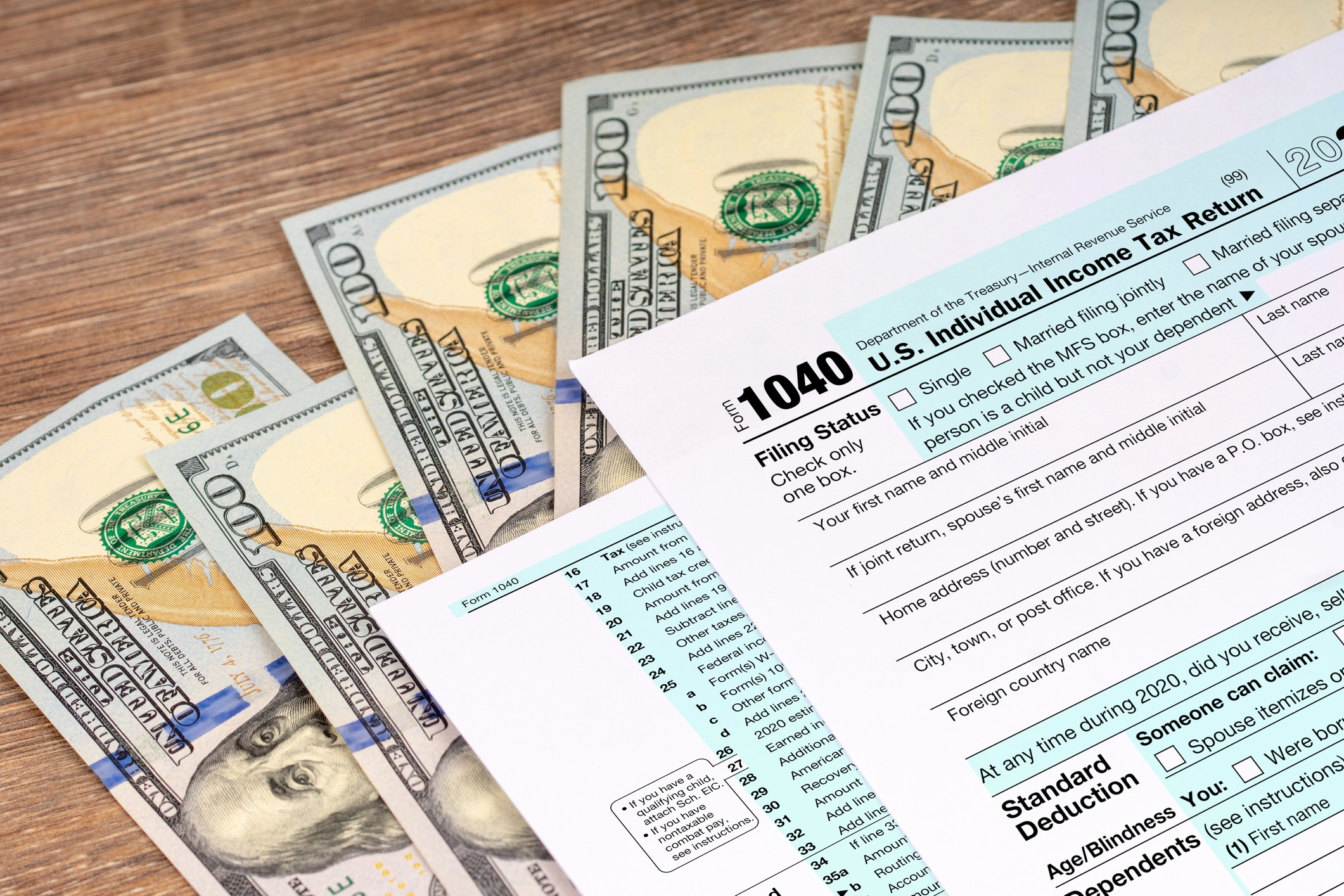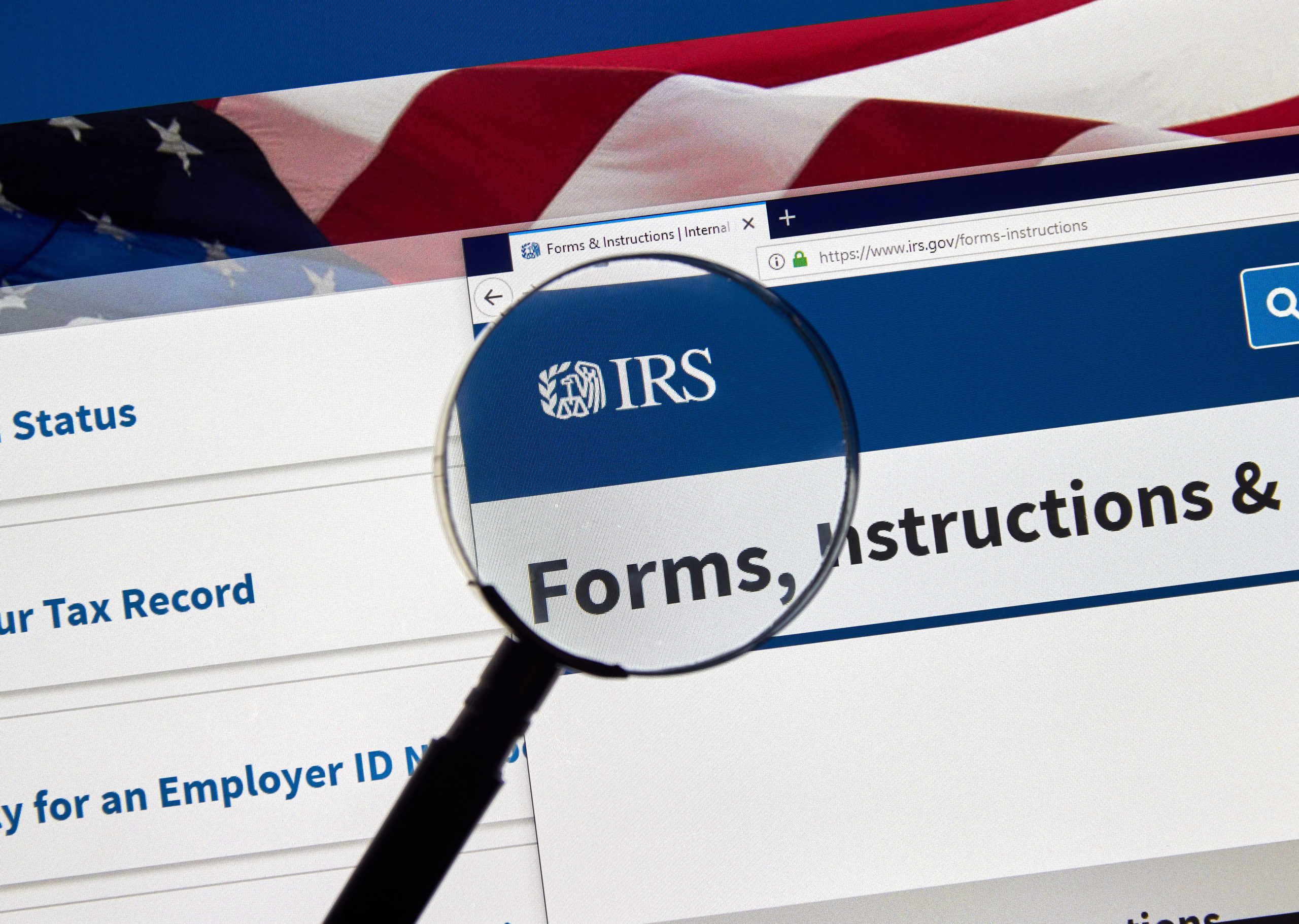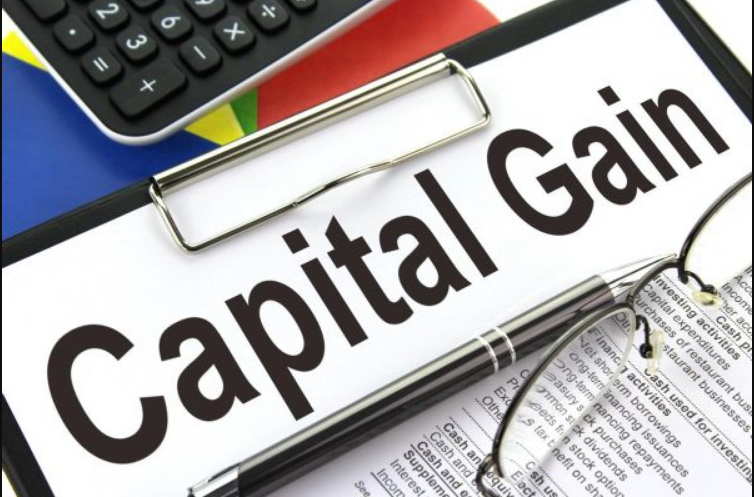
The average age of a homebuyer in the United States is now 47 years old, an increase of over 16 years since 1985. In a reflection of the economy and other financial indicators, there is often a delay in buying a home for people of all ages, with priorities being focused on student debt and other financial strains.
Winn Financial and our team of certified experts are dedicated to helping you realign your financial goals, priorities, and to guide you towards your next home. Your mortgage can be more powerful than rent, as you increase your financial equity and asset investment with each payment. Our financial experts are prepared to help you reevaluate your finances, budget, and saving goals to purchase your next home.
To better understand your mortgage and the impacts it has on equity and lending, we need to reevaluate the basics.
Mortgages and APR.
Unless you pay the full price of your home with cash, you will need to take out a mortgage. This is a bank-approved loan that details your monthly payment, the type of loan, and your APR.
The different types of loans can vary depending on the lender’s evaluation of your finances, income, and historical credit. These loans can consist of a Fixed-rate mortgage (the interest rate remains the same), an Adjustable-rate mortgage (your interest rate will increase over time), or Government-guaranteed mortgages (veterans and service member are supported more).
Your APR is a key figure when buying a home, and this often requires professional analysis and review to ensure you are paying the lowest possible rate, while still obtaining your dream home. This APR will be the interest rate charged for borrowing from the lender, and it can also include extra fees, such as closing costs, fees for evaluations, and more.
The Importance of Equity.
Besides the comfort and accomplishment of owning your own home, what can it do to help your financial standing?
When an individual is paying rent for a house or apartment, they are not gaining any equity based on their payments and the living situation. However, by buying a home or apartment, the mortgage payments become your home equity, which can be used as an asset.
For example, an individual purchases a $100,000 home with $10,000 in a down-payment. The new homebuyer is charged a $1000 mortgage per month. Their starting equity is $10,000 and their equity increases by the amount of each mortgage payment.
The real estate market surges ahead, and their $100,000 home is now worth $150,000. The original equity was $10,000; however, it is now $60,000 due to the increase in their home value. Your home or real estate property is an asset, and you can maximize your profits through home equity.
How to Increase Equity.
There are a few simple steps that you can take to help increase your home equity. As with any debt, focus on paying your mortgage quickly to avoid extra interest costs. In addition, the longer you stay in your home, the larger the chances that the real-estate market will turn in your favor.
Winn Financial experts have more tips and strategies to increase your equity through the comfort of your home. Contact us today for your personal consultation and financial advice from an accredited professional.







